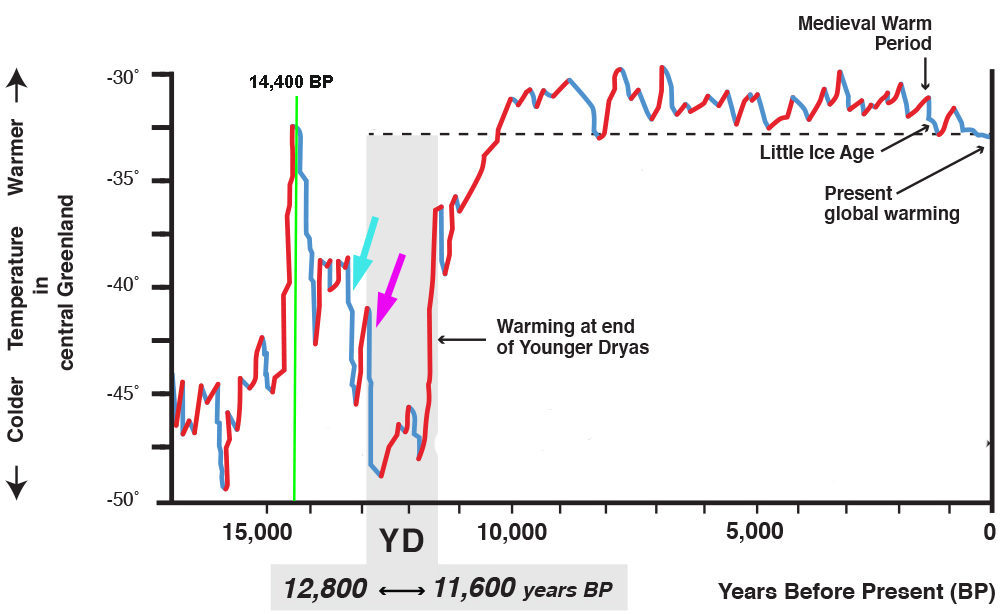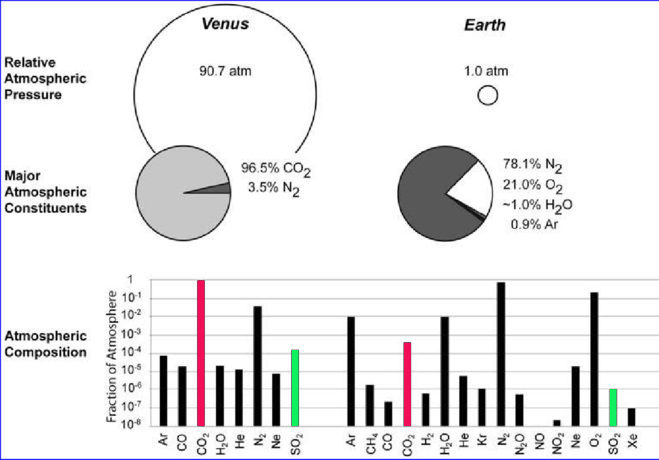Archaeologist believes new evidence of Atlantis to be found off coast of southern Spain
A new wave of research has revived one of history's greatest mysteries: the story of Atlantis.
'
Filmmaker and archaeologist Michael Donnellan claims that evidence preserved by Egypt's ancient priests of Sais points to an advanced civilization that once thrived in Atlantis, before vanishing some 11,600 years ago.
Donnellan told the Daily Mail that the priests described Atlantis as the homeland of their ancestors, a civilization that existed outside the Mediterranean world and 'beyond the Pillars of Heracles.'
He said their account was passed down to the Greek lawmaker Solon, who visited Egypt around 600 BC and recorded the tale that would later inspire the philosopher Plato's dialogues Timaeus and Critias.
According to Donnellan, Egyptian priests told Solon of a powerful empire that predated both Greece and Egypt but was destroyed 'in a day and a night.'
The cataclysm, they said, wiped out both Atlantis and ancient Athens, reshaping the Mediterranean and sparking flood myths that echo across cultures.
'They told Solon that 11,600 years ago, the same event destroyed Athens and the capital of Atlantis,' Donnellan explained. 'If it destroyed all of the Mediterranean, it would have caused global catastrophes for sure.'
Plato's writings describe Atlantis as a highly advanced civilization that built grand temples and massive harbors before being swallowed by the sea.
Modern researchers like Donnellan argue that the account may reflect real geological events at the end of the last Ice Age, when rising seas and massive floods transformed coastlines worldwide.
Donnellan said he believes ancient Egyptian records and Plato's text both point to a 'lost Atlantic civilization' that perished in a natural disaster, possibly earthquakes, tsunamis or a comet impact.
'The priests of Sais were the keepers of ancient knowledge,' he told the Daily Mail, adding that they worshiped the goddess Neith and maintained temple archives documenting global floods and the collapse of earlier societies.
'Their roots as a priesthood go back millennia.'
Plato wrote that the priests told Solon the Greeks were 'like children,' having lost all memory of earlier ages, while Egypt had preserved written records of events erased from Greek history, including the fall of a vast island civilization.
This maritime empire, they said, once tried to conquer Europe and Asia before being defeated by ancient Athens.
Plato also wrote that sudden destruction then hit the area: 'There occurred violent earthquakes and floods, and in a single day and night of misfortune... the island of Atlantis disappeared into the depths of the sea.'
He added that the waters where Atlantis once stood became 'impassable and impenetrable' from the mud left behind.
The priests also claimed that Athens and Sais were 'sister cities,' both founded by goddesses, Athena and Neith, and sharing a forgotten ancient heritage.
While no Egyptian texts confirming the story have been discovered, Plato dated Atlantis' fall to about 9,000 years before Solon's visit - or roughly 11,600 years ago - linking it to a world-ending cataclysm.
Donnellan insisted Solon's Egyptian journey was historical, not mythical. 'Solon was no fool,' he said. 'He was the man who wrote many of the laws of ancient Athens.
'Donnellan described Solon's meeting with Egypt's high priests as a rare exchange between two of the ancient world's great civilizations.
'You could sail from Athens to the Nile Delta easily,' he said. 'For a Greek, that would have been a straightforward voyage, almost like tourism.'
He argued that Plato's detailed retelling of the story contains too many consistent specifics to be fiction.
'You have to wonder how such a rich, coherent story survived across generations,' Donnellan posed to the Daily Mail. 'It seems likely Plato went back to the Egyptian records to make sure he got it right.'
Donnellan - who lives near Cádiz, Spain, known in antiquity as Gades - believes Plato's geographic clues point directly to this region as the true location of Atlantis.
'When Plato talks about the history or location of this ancient empire being in the region of Gades, the Greeks already knew what Gades was,' he said.

 www.sott.net
www.sott.net




